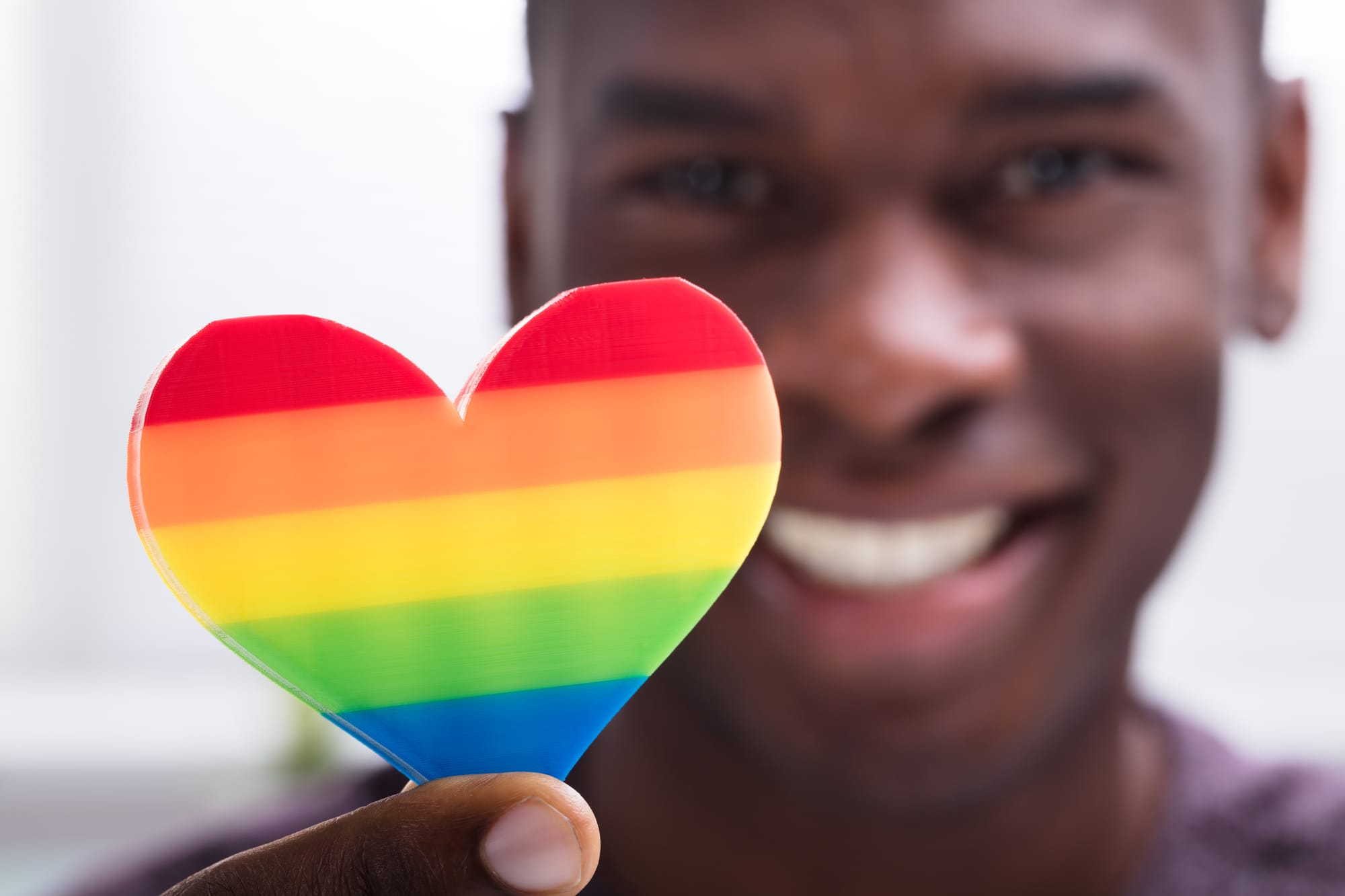What’s life like for LGBTQ people in Namibia?
Let’s take a look at some of the key equality indicators.

What’s life like for LGBTQ people in Namibia? Let’s take a look at some of the key equality indicators.
Is homosexuality legal in Namibia?
A 2024 court decision effectively decriminalised homosexuality.
The government has not appealed the decision but it is possible that the government could legislate to re-criminalise same-sex sexual encounters.
Are there anti-discrimination protections in place for LGBTQ people in Namibia?
No. There are no protections from discrimination on the basis of sexuality.
Is there Marriage Equality in Namibia?
No. There is no legal recognition of same-sex relationships.
The government has passed legislation that specifically prohibits same-sex marriages - this is waiting for authorisation by the President.
What’s life like for LGBTQ people in Namibia?
Namibia is a socially conservative country.
Recent debates about marriage equality appear to have heightened safety fears for LGBTQ people and entrenched the country's systemic homophobia.
What’s the history of homosexuality in Namibia?
Same-sex sexual activity has been documented among various modern-day Namibian groups.
In the 18th century, the Khoikhoi people recognised the terms koetsire which refers to a man who is sexually receptive to another man, and soregus, which refers to same-sex masturbation usually among friends.
In the 1920s, German anthropologist Kurt Falk reported homosexuality and same-sex marriage ceremonies among the Ovambo, Nama, Herero and Hema peoples.
Ovambo men taking the passive role in sex with other men are called kimbanda or eshengi.
Among the Herero, erotic friendships (known as oupanga) between two people regardless of sex were common, and typically included anal intercourse (described as okutunduka vanena).
